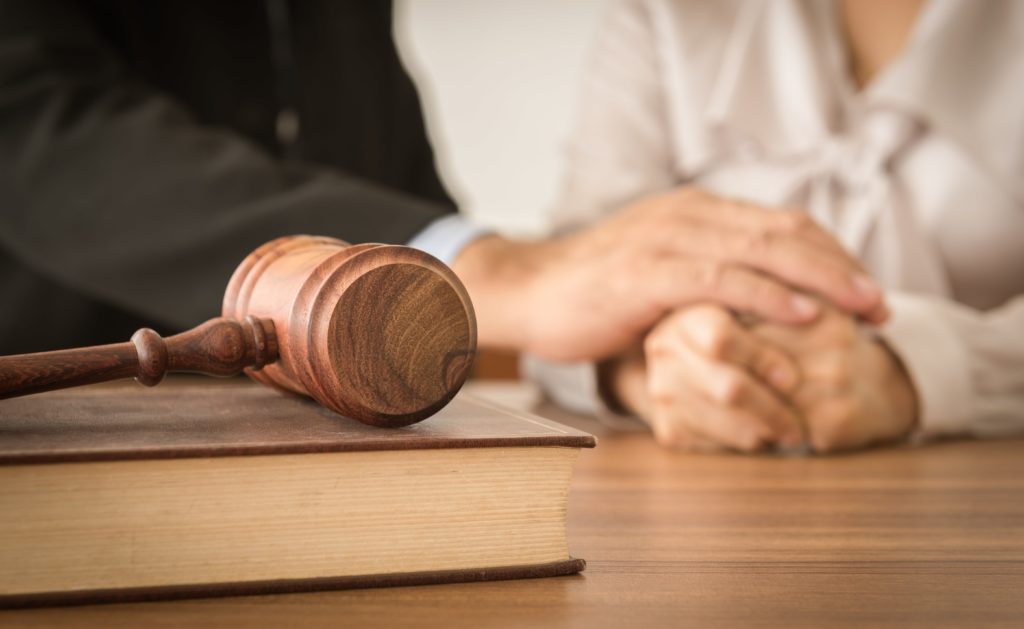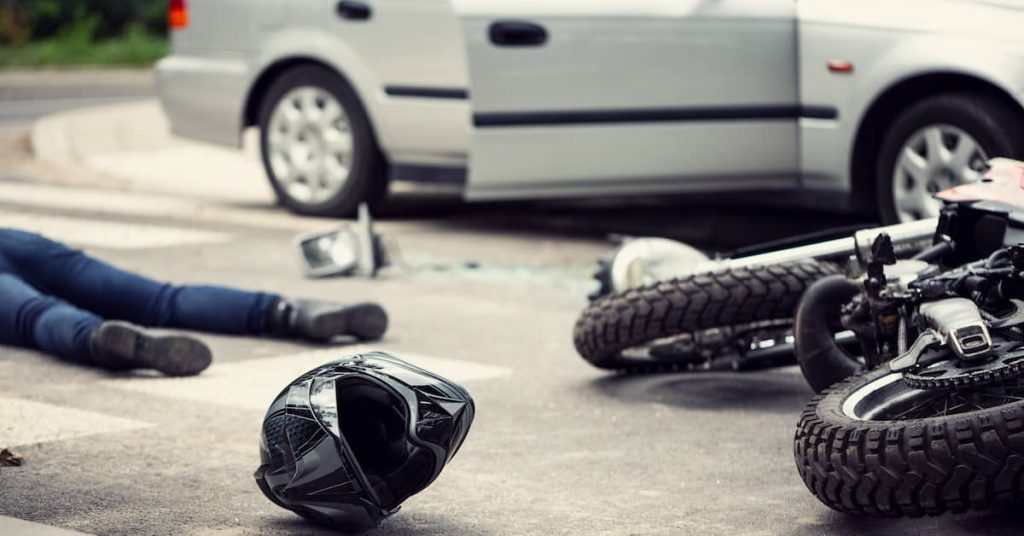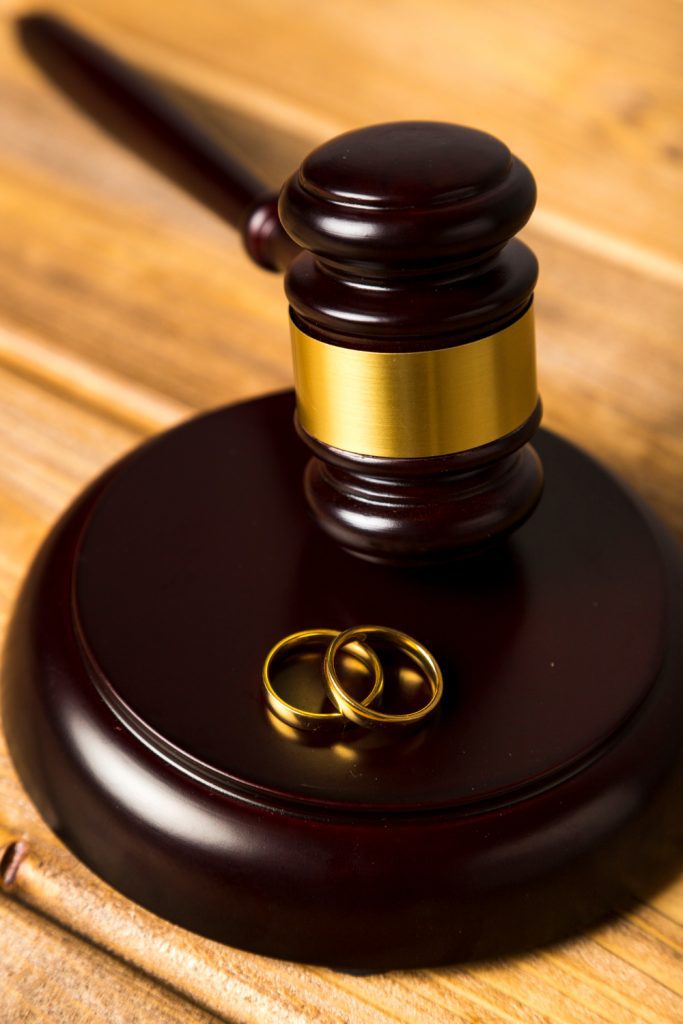Wrongful Death Lawyer Las Vegas
The death of anyone can have devastating emotional, psychological, and financial consequences to those left behind.



Leading Wrongful Death Attorney Las Vegas
Wrongful death amd survical causes of action refer to two different type of claims made for the death caused by negligence or other wrongful conduct of another. Tragically, deaths can result from car accidents, slips-and-fall accidents, civil right violations, and medical negligence. Thus, when a person died in a car accident, his or her family and estate can assert a personal injury claim. In law, the person who died is called the decedent.
The death of anyone can have devastating emotional, psychological, and financial consequences to those left behind. Unexpectedly losing someone leave people unprepared for those consequences. In our 50+ years of experience as personal injury lawyers and accident attorneys in Las Vegas, we have seen families lose their parents or a child, and we stood by them as they grieved and tried to put their life back together. While monetary compensation cannot bring back the loved one, it can ease the financial consequences when a family loses their primary breadwinner. It can help pay the medical bills that have piled up. It can help a grieving family get the counseling they need.

Leading Wrongful Death Attorney Las Vegas
Wrongful death amd survical causes of action refer to two different type of claims made for the death caused by negligence or other wrongful conduct of another. Tragically, deaths can result from car accidents, slips-and-fall accidents, civil right violations, and medical negligence. Thus, when a person died in a car accident, his or her family and estate can assert a personal injury claim. In law, the person who died is called the decedent.
The death of anyone can have devastating emotional, psychological, and financial consequences to those left behind. Unexpectedly losing someone leave people unprepared for those consequences. In our 50+ years of experience as personal injury lawyers and accident attorneys in Las Vegas, we have seen families lose their parents or a child, and we stood by them as they grieved and tried to put their life back together. While monetary compensation cannot bring back the loved one, it can ease the financial consequences when a family loses their primary breadwinner. It can help pay the medical bills that have piled up. It can help a grieving family get the counseling they need.
NRS 41.085. Heirs and personal representatives may maintain action.
- As used in this section, “heir” means a person who, under the laws of this State, would be entitled to succeed to the separate property of the decedent if the decedent had died intestate. The term does not include a person who is deemed to be a killer of the decedent pursuant to chapter 41B of NRS, and such a person shall be deemed to have predeceased the decedent as set forth in NRS 41B.330.
- When the death of any person, whether or not a minor, is caused by the wrongful act or neglect of another, the heirs of the decedent and the personal representatives of the decedent may each maintain an action for damages against the person who caused the death, or if the wrongdoer is dead, against the wrongdoer’s personal representatives, whether the wrongdoer died before or after the death of the person injured by the wrongdoer. If any other person is responsible for the wrongful act or neglect, or if the wrongdoer is employed by another person who is responsible for the wrongdoer’s conduct, the action may be maintained against that other person, or if the other person is dead, against the other person’s personal representatives.
- An action brought by the heirs of a decedent pursuant to subsection 2 and the cause of action of that decedent brought or maintained by the decedent’s personal representatives which arose out of the same wrongful act or neglect may be joined.
- The heirs may prove their respective damages in the action brought pursuant to subsection 2 and the court or jury may award each person pecuniary damages for the person’s grief or sorrow, loss of probable support, companionship, society, comfort and consortium, and damages for pain, suffering or disfigurement of the decedent. The proceeds of any judgment for damages awarded under this subsection are not liable for any debt of the decedent.
- The damages recoverable by the personal representatives of a decedent on behalf of the decedent’s estate include:
- Any special damages, such as medical expenses, which the decedent incurred or sustained before the decedent’s death, and funeral expenses; and
- Any penalties, including, but not limited to, exemplary or punitive damages, that the decedent would have recovered if the decedent had lived, but do not include damages for pain, suffering or disfigurement of the decedent. The proceeds of any judgment for damages awarded under this subsection are liable for the debts of the decedent unless exempted by law.
NRS 41.100. Cause of action not lost by reason of death; damages; recovery for loss arising out of unfair practice regarding policy of life insurance; subrogation.
- Except as otherwise provided in this section, no cause of action is lost by reason of the death of any person, but may be maintained by or against the person’s executor or administrator.
- In an action against an executor or administrator, any damages may be awarded which would have been recovered against the decedent if the decedent had lived, except damages awardable under NRS 42.005 or 42.010 or other damages imposed primarily for the sake of example or to punish the defendant.
- Except as otherwise provided in this subsection, when a person who has a cause of action dies before judgment, the damages recoverable by the decedent’s executor or administrator include all losses or damages which the decedent incurred or sustained before the decedent’s death, including any penalties or punitive and exemplary damages which the decedent would have recovered if the decedent had lived, and damages for pain, suffering or disfigurement and loss of probable support, companionship, society, comfort and consortium. This subsection does not apply to the cause of action of a decedent brought by the decedent’s personal representatives for the decedent’s wrongful death.
- The executor or administrator of the estate of a person insured under a policy of life insurance may recover on behalf of the estate any loss, including, without limitation, consequential damages and attorney’s fees, arising out of the commission of an act that constitutes an unfair practice pursuant to subsection 1 of NRS 686A.310.
- This section does not prevent subrogation suits under the terms and conditions of an uninsured motorists’ provision of an insurance policy.
Client Focused. Aggressive Advocacy.
Over $250,000,000 Recovered For Our Clients
What’s The Different Between Wrongful Death and Survival Actions?
Wrongful death claims are brought by the decedent’s heirs for their own losses stemming from the death. For example, children who lost a father in a car accident can make a claim for the financial support they would have received from their father had he lived. Of course, they would also be able to make a claim for compensation for the emotional and mental trauma caused by their father’s death.
A survival action is brought by the “estate” of the decedent. Essentially, the estate takes the place of the decedent and can generally make a claim for what the decedent could have claimed had he or she not died. The estate can make a claim for the medical bills the decedent incurred before he or she died. The estate also can assert a claim for compensation of the pain and suffering the decedent endured before his death. If the decedent left a will, the executor named in the will represents the estate.
Who Can Make A Claim For Wrongful Death?
Under Nevada’s wrongful death statute, the heirs of a someone who died wrongfully (also known as a decedent in legal terminology) may bring a claim for wrongful death. The heirs are also defined by a Nevada statutes on succession. Succession refers to who inherits someone’s property when they die without a will. Nevada’s succession statute is found Chapter 134 of the Nevada Revised Statutes.
Generally, the surviving spouse and children can bring a claim for wrongful death. If there is no surviving spouse or the decedent was unmarried before his death, his surviving children can assert the claim. NRS 134.040. If there are neither a surviving spouse or children, then any surviving parent of the decedent can make a claim. NRS 134.050. If there is no surviving spouse, children, or parent, the decedent’s surviving siblings can bring the wrongful death claim. NRS 134.060.
If you have lost a loved one as a result of a car accident or other accident, you need to call an experienced attorney at D.R. Patti & Associates | Car Accident & Injury Lawyers to assist you. Wrongful death and survival claims can be complicated, and experience in these areas matters.
